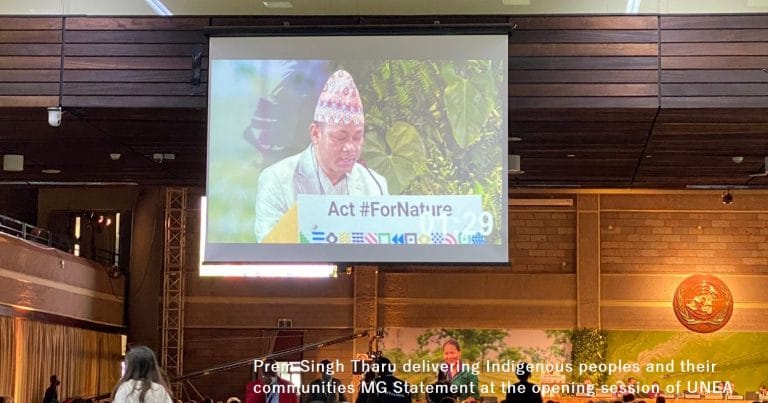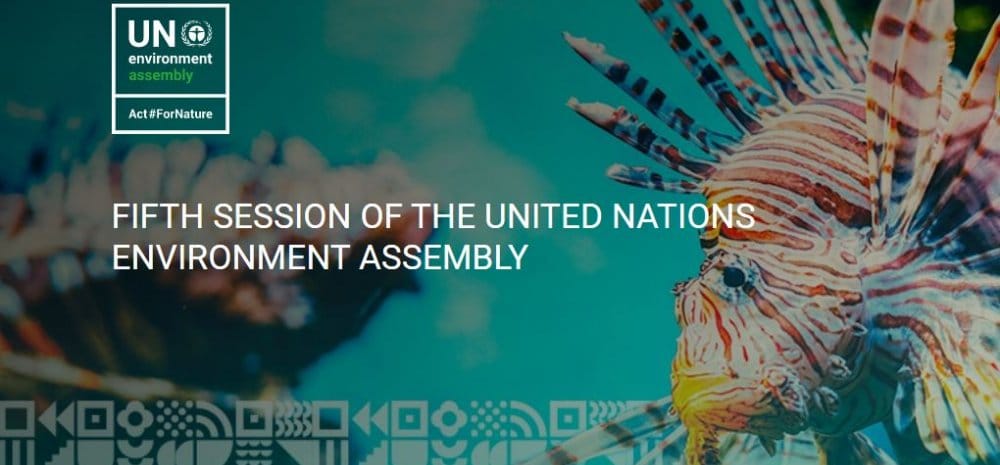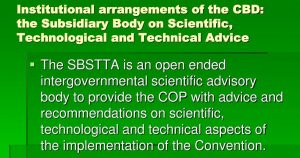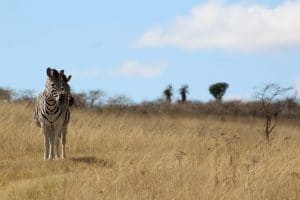African and Community Voices were heard at UNEA 5
RAUK and CLN participated in the 5th meeting of the United Nations Environmental Assembly held in Nairobi, Kenya from 28 February to 2 March 2022, and UNEP’s 50th anniversary on the 3rd and 4th March. The purpose of this participation is to ensure that due recognition is given to the rights and needs of rural communities in the decisions and discussions that took place at this forum.
At the resumed session, the overall theme was “Strengthening Actions for Nature to Achieve the Sustainable Development Goals”. This highlights the pivotal role nature plays in our lives and in social, economic and environmental sustainable development.
The Community Leaders Network was represented by Chifundo Dalireni, Branch Manager, Wildlife and Environmental Society of Malawi and Resource Africa was represented by Resource Africa UK Executive Director Malan Lindeque.
The 5th United Nations Environmental Assembly (UNEA 5) concluded in early March after adopting 14 Resolutions and making two Declarations.
During the in-person meeting held in Nairobi, Kenya the “Resolution on Nature-based Solutions for Supporting Sustainable Development” was hotly debated among member states.
The initial draft Resolution submitted by the European Union was contested by African states that insisted that Nature-based Solutions (NbS) should be implemented in ways that safeguard the rights of communities and indigenous people.
The inclusion of this point in the final Resolution is therefore a victory for African states and their communities.
As a representative of the Community Leaders Network of Southern Africa (CLN), Mr Chifundo Dalireni reflected positively on his experience at UNEA 5.2: “There was a strong representation of community-based groups, faith-based groups, youth and women’s groups at the UNEA meeting this year. These groups were not only represented, but they also had a chance to speak and share their views during the meeting.” He continues, “I see that as a significant milestone, because these groups had little representation and were not given much chance to present at previous UNEA meetings.”

Community-based organisations had their say at UNEA-5
The presentations by community-based organisations and associations, alongside the hard negotiation work by African states, paved the way for crafting resolutions that speak to their needs. In the case of NbS, African states recognise the urgency of addressing the impacts of climate change, as their people are especially vulnerable to drought, floods and other natural disasters that are caused by climate change. Not only were they concerned that communities’ rights should be taken into account, but also that financing for NbS should be made available as soon as possible.
The Ministerial Declaration at the end of the meeting provides more details: “We will promote and strengthen ecosystem-based approaches and nature-based solutions, including by reducing deforestation and forest degradation and by protecting, conserving, sustainably managing and restoring degraded land, soil and ecosystems that provide us with food, water and energy, are habitats for biodiversity, and provide carbon storage and sequestration, thus yielding multiple benefits across the economic, social and environmental domains and underpinning our efforts to achieve the Sustainable Development Goals.”

A resolution to safeguard the rights of communities and indigenous peoples is passed
As a result of the negotiating process, the resolution specifically calls on the UN Environment Programme (UNEP) to support the implementation of NbS, which safeguard the rights of communities and indigenous peoples. According to Mr Dalireni, this is only the first step in the right direction, “now that we have a good Resolution, we will wait and see if implementation of NbS – by individual countries and UNEP – meet the expectation of safeguarding our communities’ rights”.
It is heartening to see that African nations and multi-lateral agencies are taking the issue of rights seriously. Restoring and protecting intact ecosystems that sequester carbon and conserve biodiversity must start at the local level, especially among rural people who rely directly on these ecosystems for their survival. Implementing this Resolution as stated therefore requires close engagement with these communities to identify, design, implement and monitor Nature-based Solutions to the challenges they face.
Community-based organisations will be key to facilitating this process and driving the resulting solutions, so it is critical that financing for NbS reaches the community level and is not captured by other entities. Community groups must therefore continue to engage at events such as UNEA to ensure that their voices are heard on global platforms and the funding arising from such decisions is spent wisely. If the Convention on Biological Diversity’s 2050 Vision of “living in harmony with nature” is to be achieved, the work must start at the grassroots level with necessary support provided by individual nations, civil society at all levels and the UN agencies.



